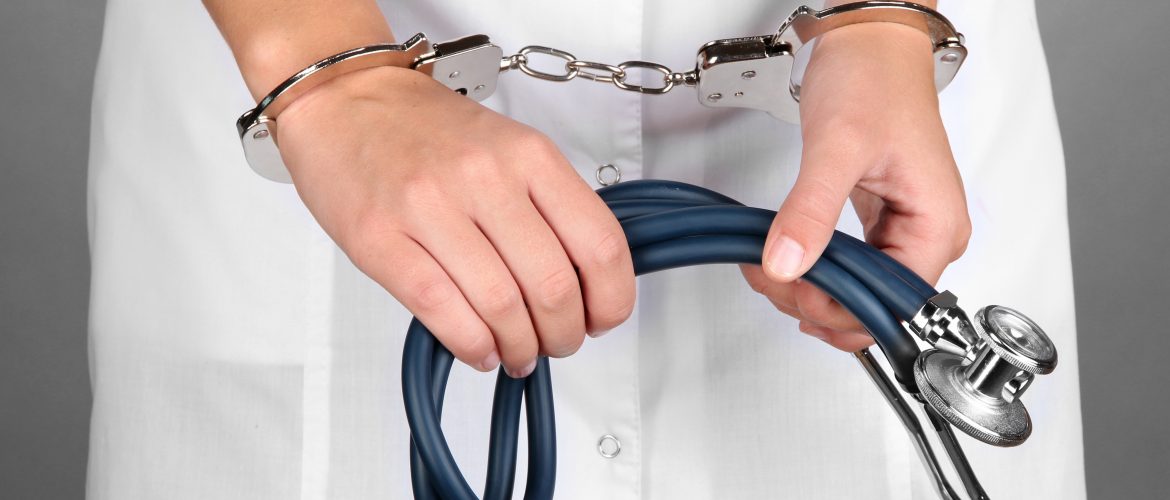New Jersey CNA Charged with Reckless Manslaughter in Nursing Home Resident’s Death
The New Jersey State Board of Nursing recently suspended the certification of a Certified Homemaker-Home Health Aide (CHHA) a month after she was charged with recklessly causing the death of an 85-year-old resident in the nursing home where she was working as a Certified Nursing Assistant (CNA).
The aide allegedly left an elderly resident, who required total assistance with care, sitting alone on her bed, and the resident suffered a fall with serious head injuries. Instead of immediately summoning medical assistance, the CNA allegedly placed the resident back into bed and left her there. Later, the CNA returned to the room and pretended to have just discovered the woman lying injured in the bed. She summoned help and the resident was transported to the hospital where she died later that day.
Police charged the aide with reckless manslaughter, obstructing the administration of law, suppressing evidence to hinder prosecution, and abandonment/neglect of an elderly person.
The aide was fired from her job immediately after the alleged incident, which occurred on August 13. The Department of Health, which regulates nursing assistants employed in health care facilities, suspended her CNA certification. She also agreed to the temporary suspension of her CHHA certification pending the outcome of the criminal charges against her and pending further action by the State Board of Nursing.
Compliance Perspective
Failure to ensure that residents requiring total assistance with care are never left unattended sitting on their beds or in other situations where they could fall and sustain injuries may be considered neglect and abuse, immediate jeopardy, and provision of substandard quality of care, in violation of state and federal regulations.
Discussion Points:
- Review policies and procedures for safety protocols that ensure residents requiring total assistance with care are not left unattended.
- Train staff regarding policies and procedures for preventing injuries to residents requiring total assistance with their care. Also, provide a review of abuse and neglect prevention requirements.
- Periodically audit to determine if staff members are following safety protocols and ensuring residents are not left unattended in places where they could fall and sustain an injury.












































































